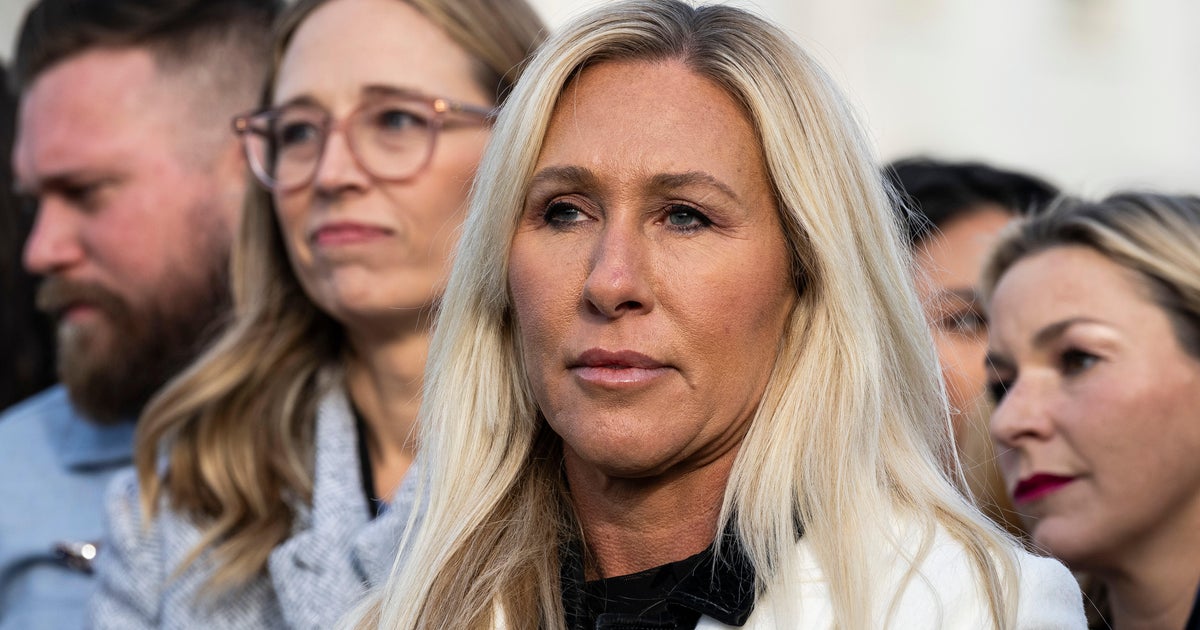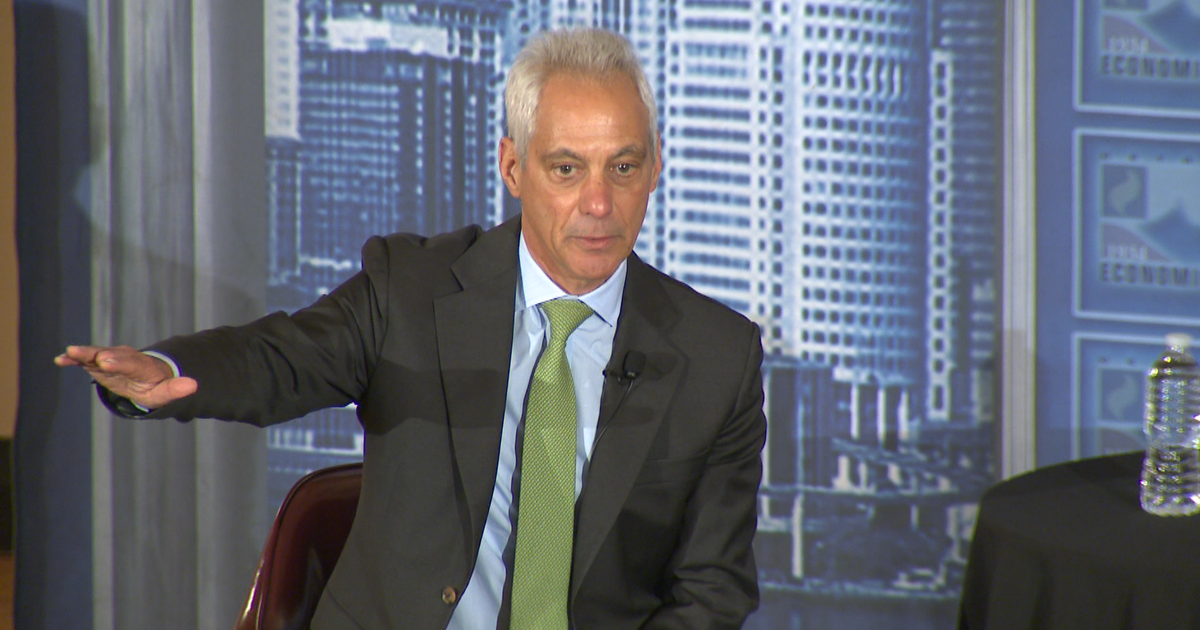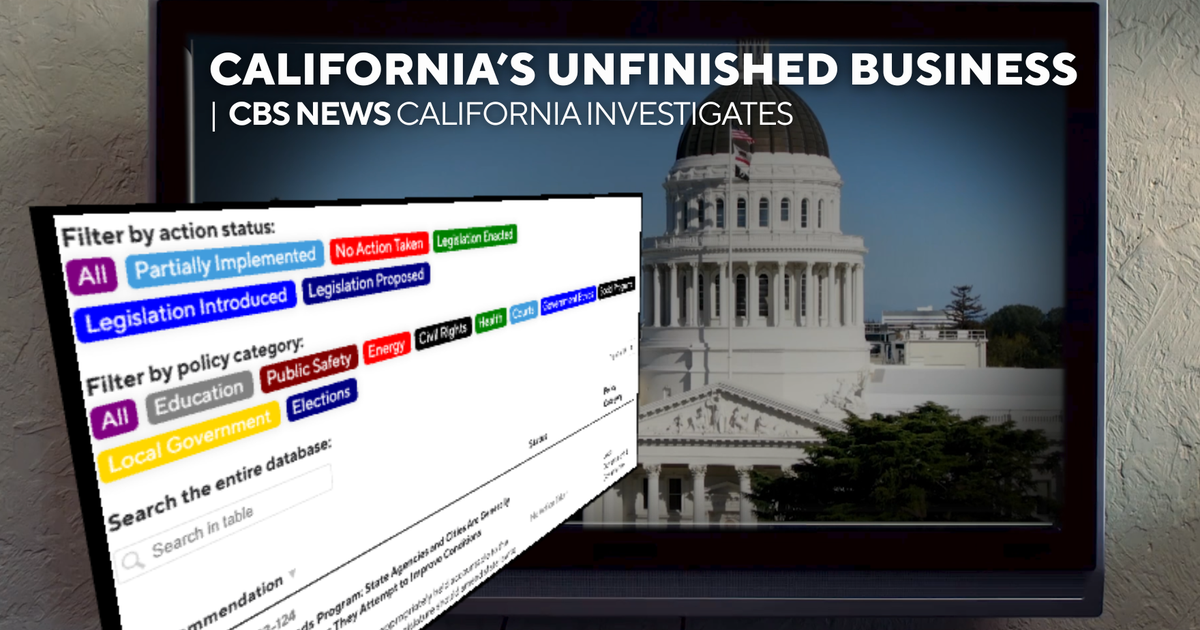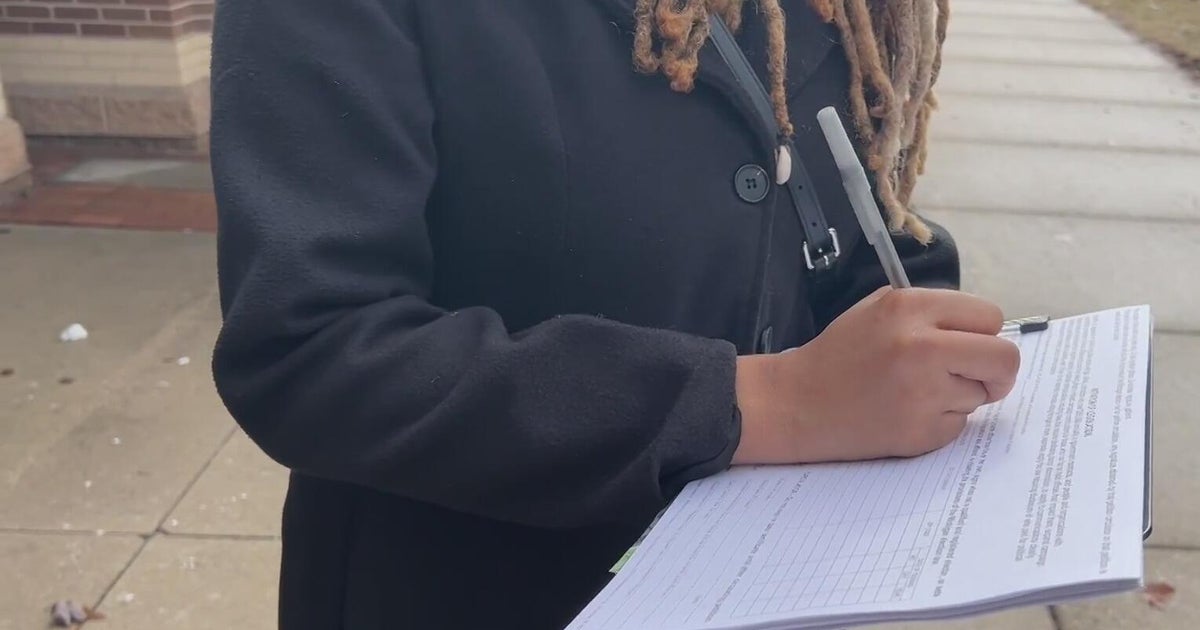CBS 2 School: Back To The Future Of Voting
Marty McFly was able to go back in time to change the destiny of his parents, we just wish he would have done the same for the future of voting technology.
On Nov. 5, 1985, Back to the Future's Marty McFly journeyed to his 1955 hometown in a DeLorean time machine. During his adventure in his hometown, McFly points out some notable political changes between 1955 and 1985.
He recognizes how political advertising moves from bullhorns on the streets to TVs in our living rooms. McFly also informs his friends from the 1950s that actor Ronald Reagan is destined to become President Ronald Reagan. He then inspires busboy Goldy Wilson to one day run as Mayor of Hill Valley.
We just wish he would have also inspired the future of how we vote.
55 years from the day that McFly landed back in Hill Valley, we can now communicate nearly at the speed of a time-traveling DeLorean. And technology now helps us exchange trillions of dollars in day-to-day financial exchanges.
But in 2010 we still have to wait weeks to determine the winner of close elections as we count ballots by hand.
In the 8th Congressional District of Illinois, political prognosticators were shocked last week with Republican Joe Walsh's narrow edge over Democratic incumbent Melissa Bean on election night.
Marty McFly would have been even more shocked to learn that we won't get a final vote count in that race until two weeks after the election.
Even with the new voter technology that we have installed during the last 10 years, thousands of paper ballots are still sent through the U.S. Postal Service. Those ballots have to be inspected for authenticity then tabulated into the results which won't be finalized until at least November 16th.
If we could have sent a 2010 McFly back in time, we'd have him inspire election officials to one day integrate the ballot with the same technology that we use in our daily finances.
McFly could have taught election officials that Americans would one day trust technology enough to count our personal money and that we would surely trust this same technology with counting our votes.
Using this technology on Election Day would then ensure more immediate election totals with less possibility of human error and corruption.
And then McFly could have sent the same farewell message to the skeptical audience of election officials that he did to the 1950s audience which was skeptical about the future of rock music: "I guess you guys aren't ready for that, yet. But your kids are gonna love it."







